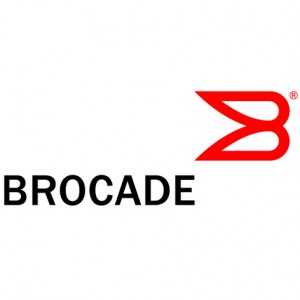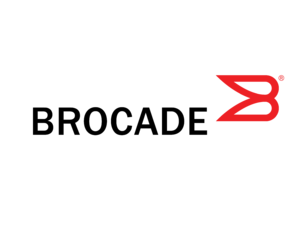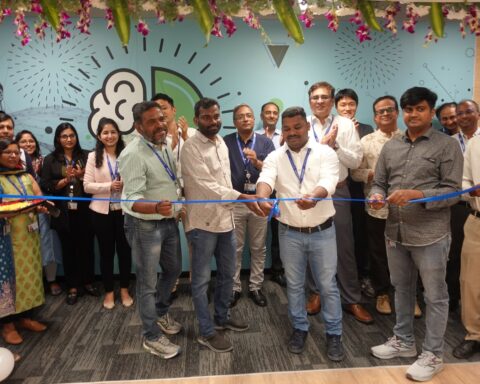New Research Highlights Gaps in Adoption of Open Standards Required for New IP Networks
At Federal Forum 2015, Brocade unveiled the results of a federal IT survey revealing that less than 15 percent of respondents feel their agency’s current network infrastructure will be able to fully support the solutions necessary to deliver world-class digital services for government.
Commissioned by Brocade and conducted by Market Connections, the study polled 200 IT decision makers across 64 federal agencies. Other key findings include:
- Ninety percent of respondents believe open standards are important and although almost half (47 percent) are considering or planning to adopt them in the next few years, only 11 percent have made the transition. Security concerns were the commonly cited reason for not considering open standards.
- Seventy percent of respondents are considering, planning or have already moved to software-defined networking (SDN), citing performance and ease of management as major advantages.
- Eighty-eight percent of respondents have deployed virtualized services on the network including firewalls, load balancers and routers.
Budget constraints (more than 55 percent) and limited internal  resources and expertise (more than 40 percent) are top challenges agencies face to improving the network’s simplicity, agility and scalability.
resources and expertise (more than 40 percent) are top challenges agencies face to improving the network’s simplicity, agility and scalability.
“Networks based on traditional IP technologies limit an agency’s ability to take advantage of the incredible innovations that are happening in IT, an evolution that IDC calls the 3rd Platform,” said Rohit Mehra, vice president, Network Infrastructure at IDC. “These advancements can enable dramatic improvements to the way agencies can securely deliver digital services to citizens, military personnel, government employees and veterans.”
To effectively support government functions, the federal IT network must undergo modernization and transition to the New IP, a more innovative approach to networking. Software-enabled, user-centric and based on open standards, New IP networks are more secure and support the limitless applications and services being developed for cloud, mobile, social and Big Data scenarios. In New IP networks, traditional identity-based security is augmented by behavioral-based capabilities that can identify and act on unusual network activity in real time.
The survey shows federal agencies are making progress on their path to network modernization through implementations of SDN and virtualized services. However, a significant gap remains in the adoption of open standards. In the New IP era, “open” means using standards-based products, services and APIs to reduce vendor lock-in while enabling greater choice among best-in-class solutions and minimizing network complexity. Survey respondents cite greater flexibility and reduced costs as their main reasons for adopting open standards.
“The legacy networks used in government today were conceived two decades ago and were never designed, or even envisioned, to handle the types of digital services that are required today,” said Anthony Robbins, vice president of Federal at Brocade. “Transitioning to New IP networks will allow agencies to turn their infrastructure into true digital government enablers that can deliver world-class services to federal employees, citizens and military.”
Research Methodology Market Connections conducted an online survey with 200 federal government IT decision makers and influencers in April 2015. Sixty-four different federal agencies participated in the survey. Of those, 60 percent represented federal civilian and 40 percent represented Department of Defense or the intelligence community.








